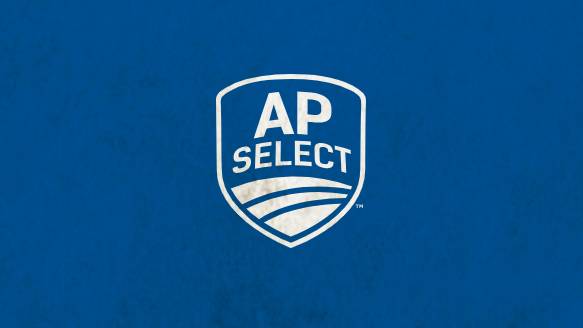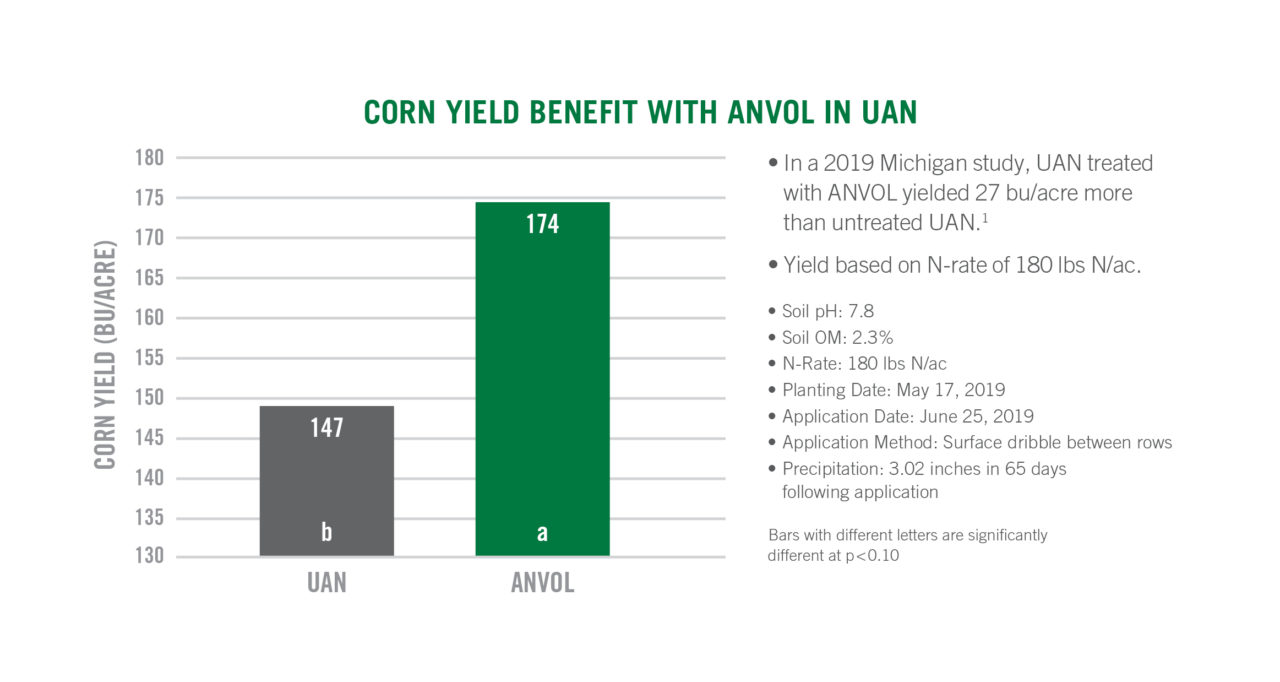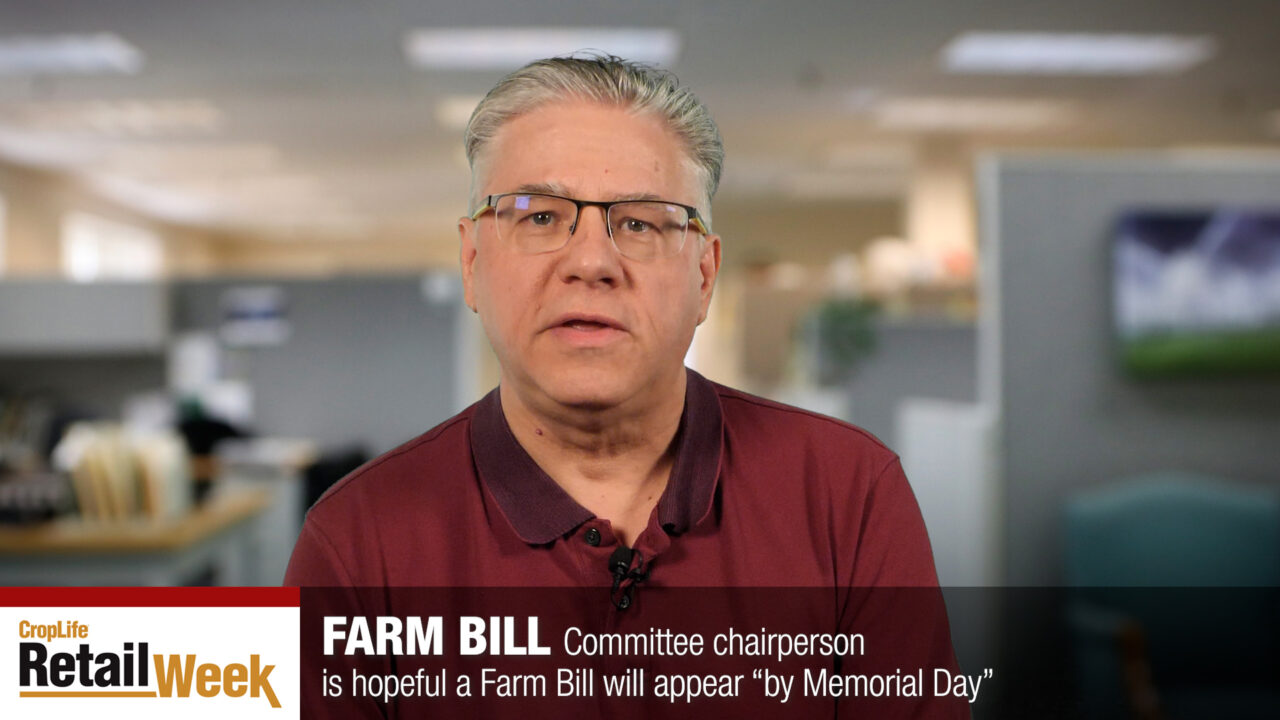Employee Management: Dealing With The DUI Issue
A number of billboards popping up across the country intend to shock passersby about the cost of a Driving Under the Influence (DUI). In Texas, a popular billboard lists $17,500 as the cost of a first DUI, while an Ohio sign trumpets a total first time cost of $14,750.
At Ag1Source, we have noticed that the impacts of a DUI can actually stretch way beyond the actual direct legal and insurance costs due to a lifetime of limited employment opportunities. In this article, we share a few stories that address the lifetime career costs and a potential bright spot for some organizations and hiring managers.
To begin, we strongly recommend a small reminder to all employees to be safe and always turn over the keys or find another ride when drinking. This reminder is very timely as we come into the holiday season. No one wants a DUI, much less a life-taking accident, especially coming back from a company holiday party.
With that said, we wanted to introduce you to the REAL impact of a DUI on your record. In the past 12 months, we have actively worked with several candidates that had fairly recent DUIs. Let’s start with the tougher situations and work towards the bright spot at the end.
Our first candidate was at the executive level for a major crop inputs manufacturing company. He had recently moved to another company and was pulled over and ticketed for DUI. Independent of the DUI event, his company was going through some downsizing and he was let go.
In this case the DUI didn’t cause his termination, but now he can’t work for most of the major companies in the chemical or seed space, where he has a wealth of experience, because many of those companies have stated “No Tolerance” policies for a DUI on your record. This candidate has now been left to look for work across a much larger geography, with less income potential.
Our second candidate was one of the top five sales representatives at one of the three major farm equipment manufacturers. He was out with customers, had one too many and was pulled over on the way home. His company worked very hard to keep him, but in the end, they were not willing to have an employee drive a company vehicle with a DUI on his record.
This candidate had asked us to find him something in a sales role. In agriculture, most, if not all, sales roles involve company vehicles. We helped this candidate get very deep into interviews with a client that has employees run their own vehicles and receive reimbursement. However, the company’s insurance underwriters still had a problem with the perceived risk and he was unable to get hired.
Another Example
Our last example is a management team member at a highly thought of and recognized agronomy retail organization. This particular employee was pulled over for a DUI, but was not in a driving role for the company. However, the company’s insurance provider had a big problem with the retention of this employee due to the perceived risk for an organization in an industry that is already filled with liability risks. The employee was let go and has since found a role working for a competitor in an hourly position with much less responsibility and compensation. The company has now established a zero-tolerance policy.
Across these three examples, when each person totaled the fines, legal fees, insurance costs and time away from work, the cost of the actual DUI was easily near the amounts mentioned on the billboards. However, the long-term earnings lost by not working up to one’s career capabilities, because of many large company policies against EVER hiring someone with a DUI, is significant.
We tried to estimate it for the three example candidates in this article and it quickly rose into the hundreds of thousands of dollars lost by disrupting that career path.
For our bright spot, we’d like to introduce an opportunity in the form of two examples we helped facilitate with our clients. First, we had a candidate that had been released from a major seed company because of a DUI infraction. We approached one of Ag1Source’s longest and best clients with a chance to hire a true “rockstar” salesperson with an ability to manage other salespeople as well. The client put an individual vehicle policy in front of the candidate that mitigated their risk and the employee is hitting the ball out of the park and surpassing all goals.
So in terms of mitigating risks, what did our client and Ag1Source do? First, there were many long conversations and background checks making sure the candidate did not have a chronic problem with drinking and that this DUI was an isolated incident. This work is critical and not easy to do, but can be worth it if the employee comes on and delivers results.
Second, our client has the employee driving to sales calls in a personal vehicle that they then reimburse mileage at the government rate. The company avoids the increase of insurance, but is potentially liable for anything that happens while the employee is conducting company business. This individual did not have a chronic problem and it was clear that the DUI was the result of a bad decision. As a result, the likelihood that the employee is going to get in repeat trouble while on company business was extremely low.
Another Positive
Our second positive example goes one step further. Our candidate was working for a major fertilizer company and was let go upon getting a DUI. The candidate was out at a trade show and had “one too many” before heading back to the hotel, and was pulled over during that transit. He went through all the required court training and has stopped drinking altogether.
One of our retail clients was looking for a salesperson and we were able to introduce the candidate to a retail opportunity within a couple miles of his home. Our client worked with us to draft an employment contract that stipulates operation of a personal vehicle and goes one step further to include a migration to a company vehicle if there are no further moving violations of any kind during a two-year period.
With that plan in place, our client was able to get a high performing salesperson that would have normally stayed with a basic manufacturer. This client is very happy with the employees’ performance and has started making plans to build a significant portion of their business around him if he continues to deliver.
Our message across these last two examples is critical. If you’ve read any of our prior articles or have perhaps listened to the CropLife webinar we conducted in April, we have made the future very clear. The retail agronomy industry is entering a period where there will be an even greater shortage of ag background candidates, especially candidates that are dynamite salespeople or managers for a large portion of your business. If — and this is a big if — you can find a candidate that may have made a one-time mistake and is NOT a chronic alcoholic or repeat driver while intoxicated perpetrator, you may be able to land top-end talent a little more inexpensively.
Statistics from Mothers Against Drunk Drivers and The Century Council show that alcohol related accidents and arrests have been on a slow decline over the past decade. However, statistics also show that there is almost no way that each of us (business and personally) can avoid being impacted by this issue during our career.
Consider these facts and how they can impact your business, your employees and yourself:
- One in three people will be involved in an alcohol related crash in their lifetime.
- Almost every 90 seconds, a person is injured in a drunk driving crash.
- An average drunk driver has driven at least 80 times before the first arrest.
- Fifteen percent of drivers involved in fatal crashes during the week were drunken driving crashes. This number rises to 33% on Friday and Saturday.
Annual averages also indicate that ½% to 1% of licensed drivers are arrested for a DUI each year. This implies that a company with 100 to 150 employees is almost guaranteed to face a DUI issue each and every year — unless they choose to do something about it.
Alcohol related issues are difficult to discuss, enforce and resolve. However, with the employment challenges this industry faces, it will be critical for everyone in the ag industry to do their part in combatting and resolving many of the challenges this issue has created.






